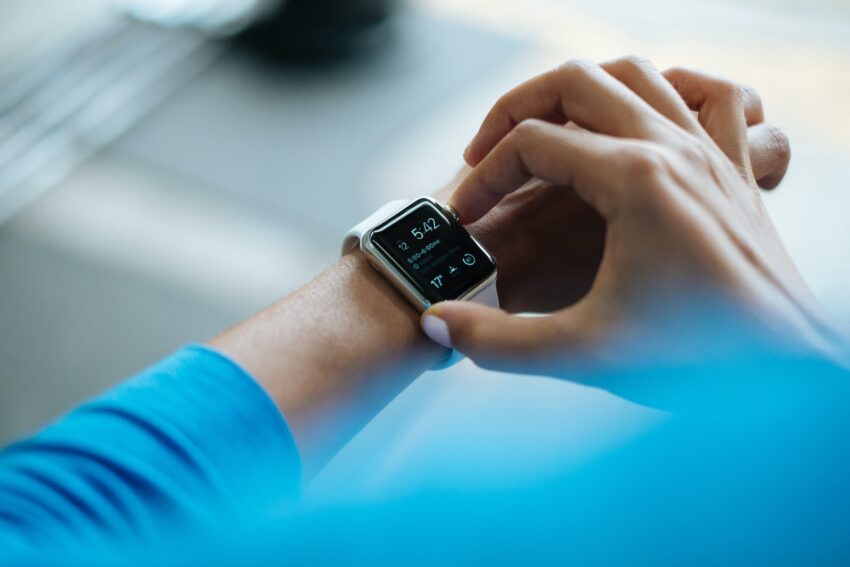A few decades ago, people solely relied on physical medical appointments to check or monitor their health. Meanwhile, healthcare professionals depended on pages of handwritten notes to decide on the best treatment method for patients. However, technology has transformed healthcare, and more people are reaping the benefits. Therefore, you shouldn’t be amazed that the smart technology market is expected to make $ 85.37 billion in seven years. If you’re wondering how this is happening and how smart technology can improve your health, read on to learn more.

-
The AI health apps acting as pocket doctors
In the past, many people relied on search engines like Google to provide feedback on their health. However, this has changed over the years due to the influx of AI-powered health apps. You can now have accurate and reliable information about your general well-being, so keep this in mind. Moreover, because the information is personalized, you can be sure that the feedback addresses your specific health concerns. These pocket doctors don’t churn out information out of the blue.
On the contrary, they analyze your medical history, symptoms, and lifestyle choices before generating or suggesting what might have gone amiss with your health. Although these AI-powered health apps are the coolest gadgets in healthcare, it is advisable to consult your primary care physician to confirm the findings. Some apps may even recommend specialists or medical doctors close to you. That helps reduce the pressure of looking for a doctor to attend to you.
-
Smart home health devices managing your health
Several health devices make it possible to transform your home or room into a health hub. These include smart thermometers, which can track temperature fluctuations during ill health and give accurate feedback on how your body responds to the fever. Moving away from the smart thermometer, you should consider indoor air quality. A smart air purifier can significantly improve polluted air and the constant respiratory allergy triggers. It is particularly needed for asthma or other respiratory allergies triggered by unwholesome air quality. Another option is a smart refrigerator, which can be an excellent addition to your health devices if it’s within budget. It does this by keeping an eye on your food items by tracking their expiration dates. Some can even help you manage or track your diet as you decide to live healthier. If you commit to its suggestions and rules, you will have a personal nutritionist at home.
-
Smart wearables are your new health tracker
Smart wearables have become the go-to technology for everyone who wants to closely monitor their health. Fitness trackers and smartwatches are examples of these health marvels making a difference in improving your health and increasing your awareness, especially where your overall well-being is concerned. Smart wearables are designed and packed with highly-functional sensors that monitor whatever their specific purpose is. For example, some monitor your heart rate, measure your sleep patterns, and can calculate how many calories you burnt. Meanwhile, others are created to track your steps, whether you walk, jog, or run. Indeed, these smart wearables can be described as having a personal trainer around the clock. It can also be beneficial if you have hearing loss, as some smart wearables are optimizing hearing aid usage. That happens by integrating into your digital life to improve your health and quality of life. Moreover, because they are created to give friendly reminders at scheduled times, it is easy to follow through with your daily health goals.
-
Telemedicine is transforming virtual health
Although it is still required in special cases to go to the doctor’s office for a thorough check-up, smart technology has ushered in telemedicine, helping people to seek healthcare from the comfort of home. You no longer have to wait long hours in a doctor’s office. Video calls and secure messaging are making it possible to consult, diagnose and prescribe medications through online platforms. This development has been helpful, particularly for persons with limited mobility or living far from the city center. If you have used telemedicine to seek healthcare in recent years, you might have experienced how convenient it was to get the right care without sweating it. The next time you want to see the doctor, you can try telemedicine unless it is an emergency.
Being aware of how smart technology improves your health can help you seamlessly incorporate it into your everyday life so your health is still a priority while you juggle other priorities as a student.


